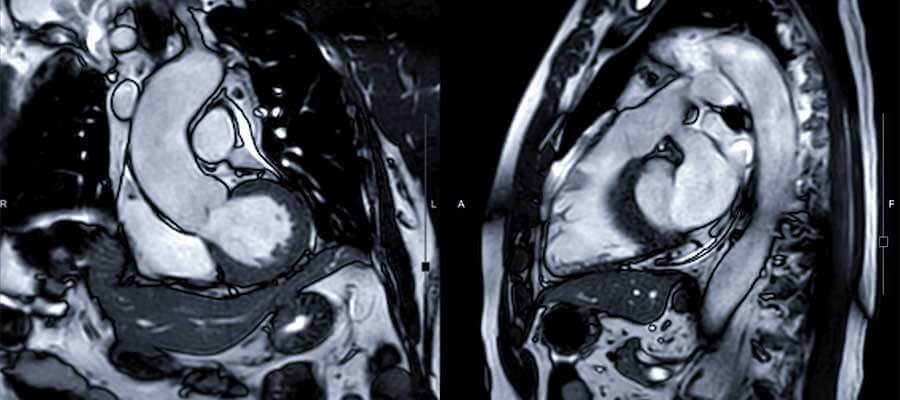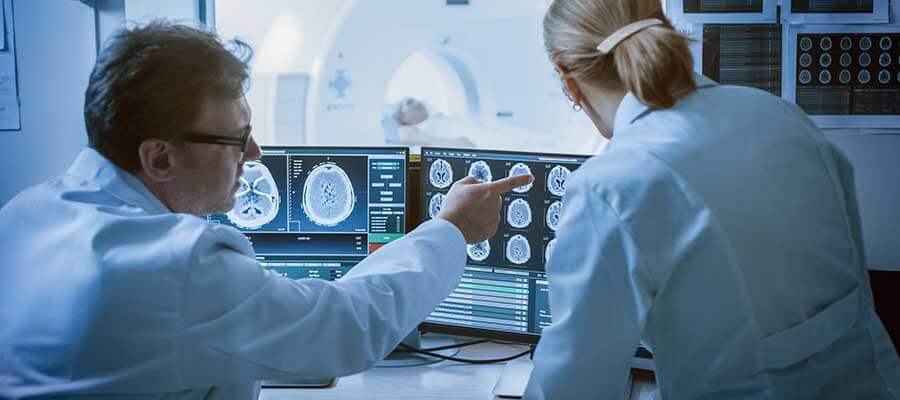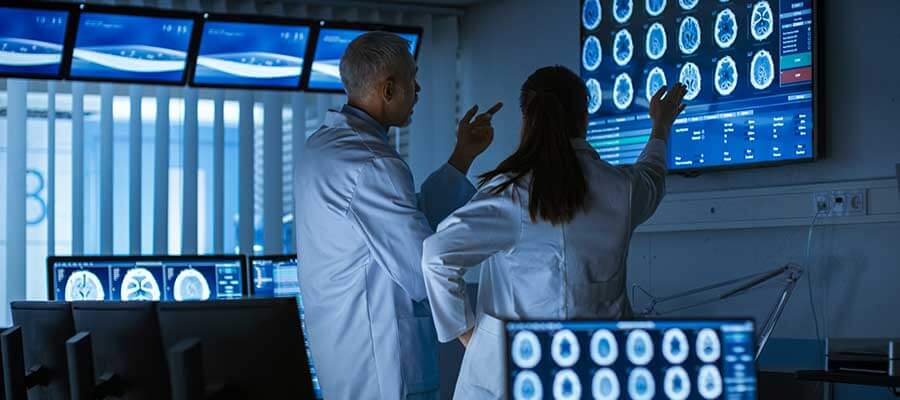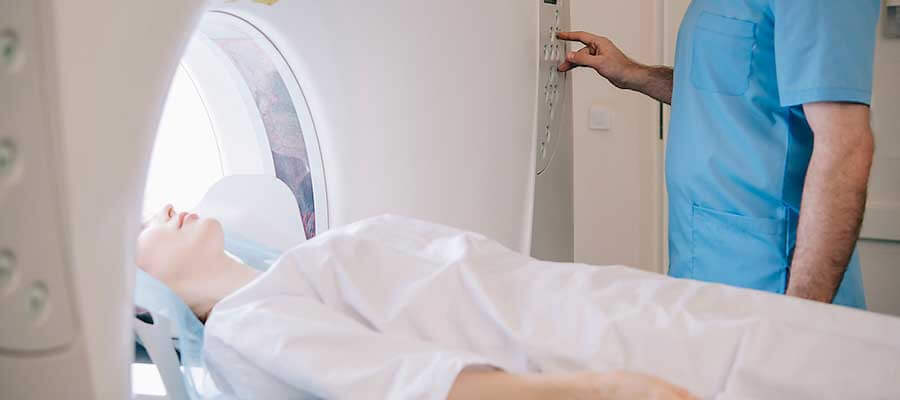If you’re thinking about becoming an MRI technologist, one of the biggest questions you’ll face is how to get started. After earning your high school diploma, the next step is enrolling in an associate degree or higher that qualifies you for certification with the American Registry of Radiologic Technologists (ARRT). This is where MRI tech schools come in—programs specifically designed to prepare students for a career in magnetic resonance imaging.
Unlike general healthcare degrees, MRI-focused programs blend foundational sciences like anatomy and physiology with hands-on training in how to operate MRI machines safely and effectively. By the time you finish, you’ll be ready not only to handle advanced equipment but also to guide patients through the process and contribute meaningfully to their care.
Why MRI Tech Schools Matter
You might wonder: why attend a specialized MRI program instead of a broader medical program? The answer is focus. MRI tech schools streamline the learning process by zeroing in on the exact skills you’ll need on the job.
Operating an MRI machine isn’t as simple as flipping a switch. You’ll need to understand the hardware, manage software settings, and tailor scans to each patient’s needs. MRI programs also cover related subjects like physiology, pathology, and sectional anatomy. These aren’t just abstract sciences—they directly affect how you prepare patients and interpret images for physicians.
The result is a program that doesn’t just teach you “how” to do the job but equips you with the “why” behind every procedure. This depth of training helps you build both competence and confidence, which makes all the difference when you’re standing beside a patient who’s nervous about their scan.
What You’ll Learn
Most MRI tech schools design their curriculum around both theory and practice. Common subjects include:
-
Anatomy and physiology: Understanding the body’s systems so you know where and how to focus the scan.
-
Pathology: Learning how injuries and diseases may present themselves in MRI images.
-
Patient care: Building skills to explain procedures, answer questions, and ensure patient comfort.
-
Radiobiology and radiation protection: While MRIs don’t use ionizing radiation like x-rays, these courses cover safety practices across imaging fields.
-
Image production and evaluation: Mastering the technical aspects of capturing and reviewing images to ensure clarity and accuracy.
Once you’ve gained this knowledge, you’ll apply it during clinical training. This hands-on component is a vital part of the learning process. You’ll work under supervision in hospitals or diagnostic centers, practicing everything from machine calibration to patient positioning. These clinical hours aren’t optional—they’re required if you want to sit for the ARRT certification exam.
The Value of Accreditation
With so many schools out there, it’s easy to feel overwhelmed by options. But one simple filter can make your choice clearer: accreditation. Accredited MRI programs meet strict standards set by organizations like the ARRT. This means the education you receive will not only prepare you academically but also qualify you for certification.
Without accreditation, you may complete a program only to discover that you’re not eligible for the exam or that employers don’t recognize your training. Choosing an accredited school protects your investment of time and money and ensures your education carries real weight in the job market.
Certification and Career Benefits
While technically you could work in radiology with other pathways, becoming certified as an MRI technologist dramatically improves your career prospects. Employers consistently prefer candidates who hold ARRT certification because it proves they’ve met rigorous standards for knowledge and patient care.
Certification also correlates with higher earning potential and greater job security. According to the U.S. Bureau of Labor Statistics, MRI technologists earned a median annual salary of $87,780 in 2023, with employment projected to grow steadily through 2032. With hospitals and clinics increasingly investing in MRI technology, demand for skilled technologists isn’t slowing down anytime soon.
For students who want the flexibility of online learning without sacrificing quality, Pulse Radiology Institute offers a hybrid approach that combines online coursework with in-person clinical placements.
Here’s what sets PRI apart:
-
Accredited online programs that meet ARRT standards.
-
Flexible learning options so students can complete coursework around jobs or family commitments.
-
Nationwide clinical partnerships with over 1,000 hospitals and diagnostic centers.
-
Exam prep support including weekly assessments, faculty mentorship, and mock exams.
This model gives students the convenience of online education while ensuring they get the hands-on experience needed to feel confident in real-world settings.
With so many choices available, it’s easy to get lost in the search for the “best” school. But remember: the right program is the one that balances accreditation, clinical training, flexibility, and support. Once you’ve found a school that offers these essentials, you’ll be well on your way to certification and a rewarding career.
Enrolling in MRI tech schools isn’t just about meeting requirements—it’s about gaining the tools, skills, and confidence to thrive in a growing field.
At Pulse Radiology Institute, we make this path accessible for students nationwide. Whether you’re starting fresh or building on an existing healthcare background, our programs are designed to prepare you for certification and long-term success in MRI technology. With the right training, your career in healthcare can begin sooner than you think.





